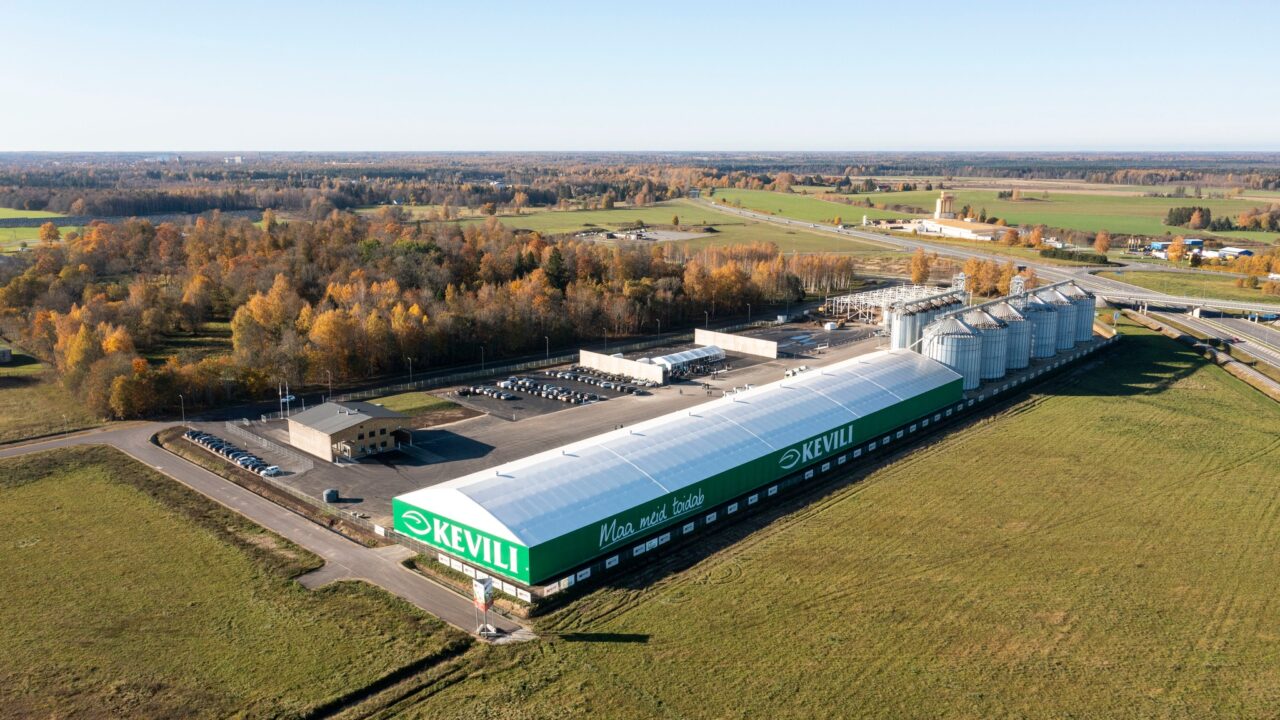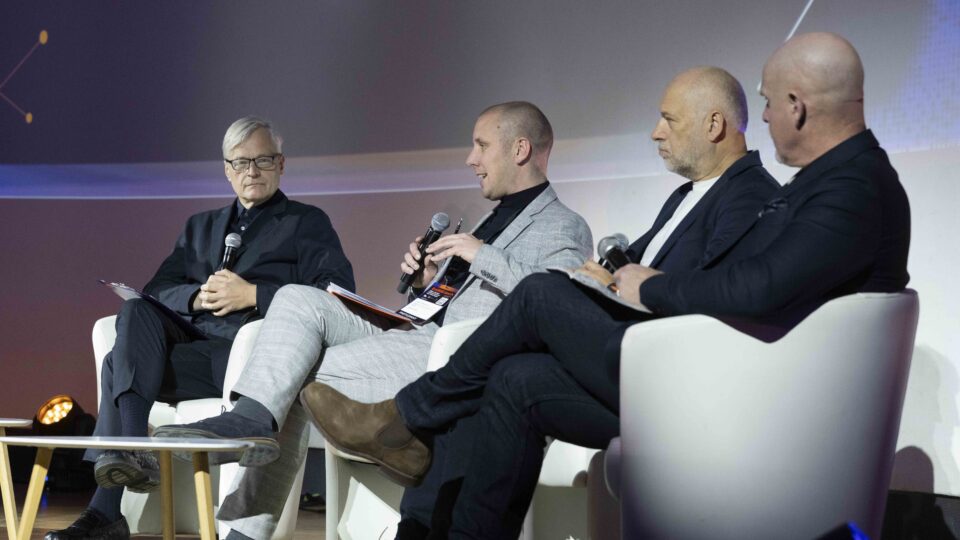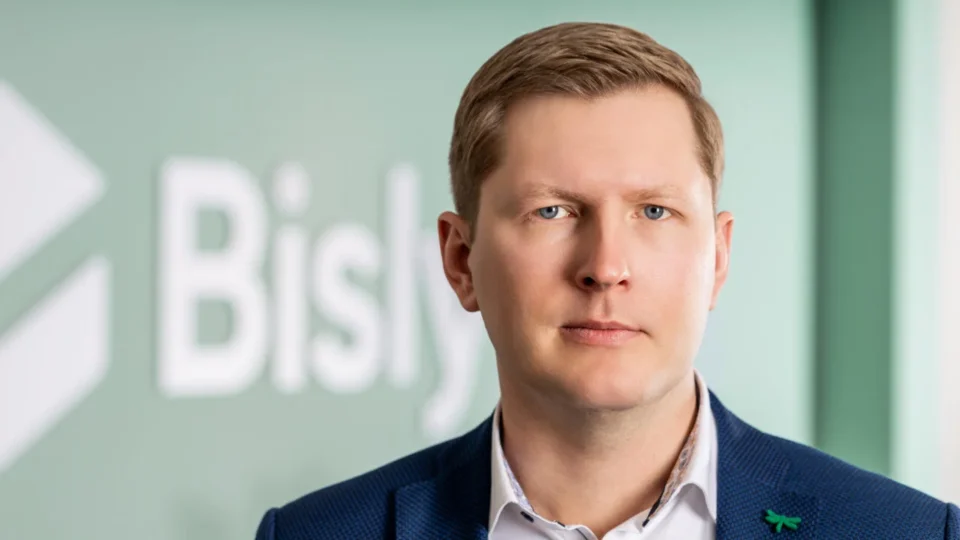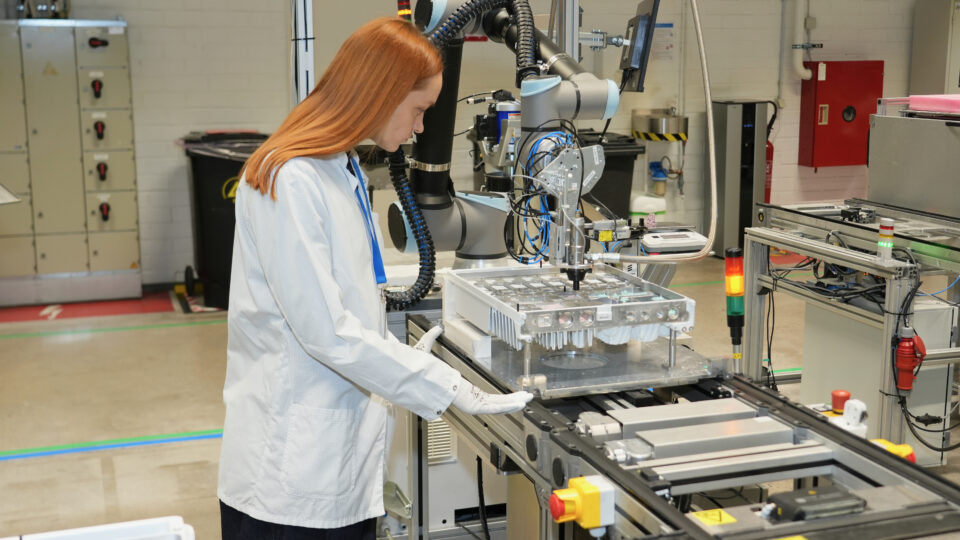Researchers and top specialists can move into businesses and the public sector to conduct applied research or experimental development through this measure. It also allows reverse mobility, enabling experts from companies and the public sector to work in universities, applied higher education institutions, or research centres, contributing to education, research, and innovation activities. Additionally, the measure supports hiring knowledge transfer PhD students whose doctoral work focuses on topics relevant to their employers.
SekMo, funded by the Estonian government and the European Union’s structural funds, focuses on smart specialization. Supported projects include digital solutions, health technologies, local resource valorization, and sustainable energy solutions, leading to new products, services, and research that benefit both business and society.
The first round last year produced outstanding projects: Kiud Technologies OÜ is developing a new technology to create rigid packaging material from post-consumer textile waste. TalTech recruited a top specialist to scale up a solid-phase fermentation test device to an industrial level and develop a business model. The Kevili Farmers’ Cooperative hired a knowledge transfer PhD student to study fungal and viral diseases in Estonian rapeseed crops.
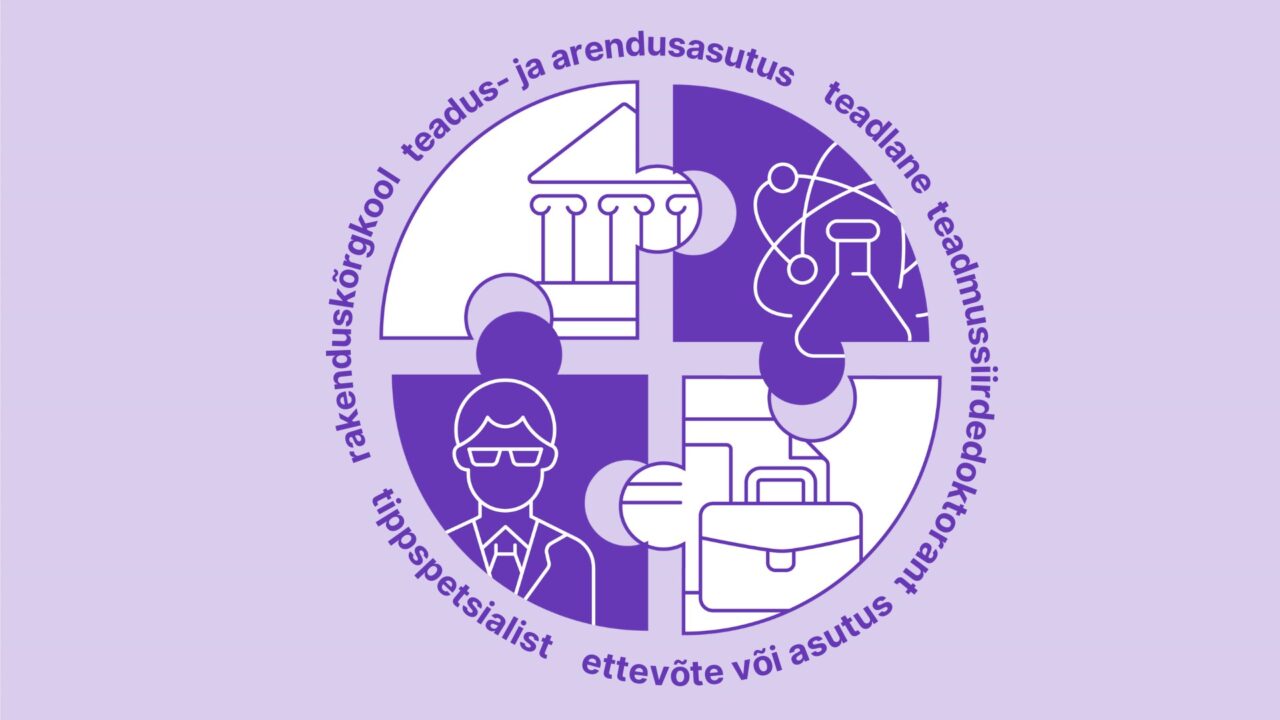
The new SekMo application round opened on February 10 and will run until the end of 2025. Photo: Estonian Research Council
The new application round for SekMo opened on 10 February and will run until the end of 2025, with a total funding pool of €6 million. The program aims to engage at least 600 participants by 2029 and create at least 50 new research positions. The Estonian Research Council manages the initiative in collaboration with the Estonian Ministry of Economic Affairs and Communications and the Ministry of Education and Research.
Cross-sector mobility of knowledge and skills is more than just a formality – it is essential to ensure that Estonian research and business do not remain isolated worlds but instead form a unified ecosystem where knowledge drives growth.

